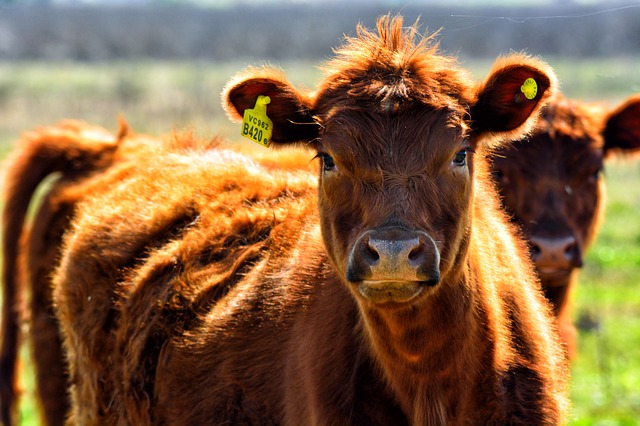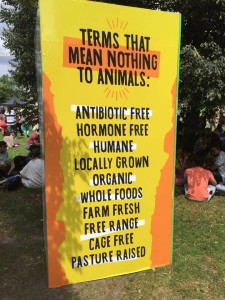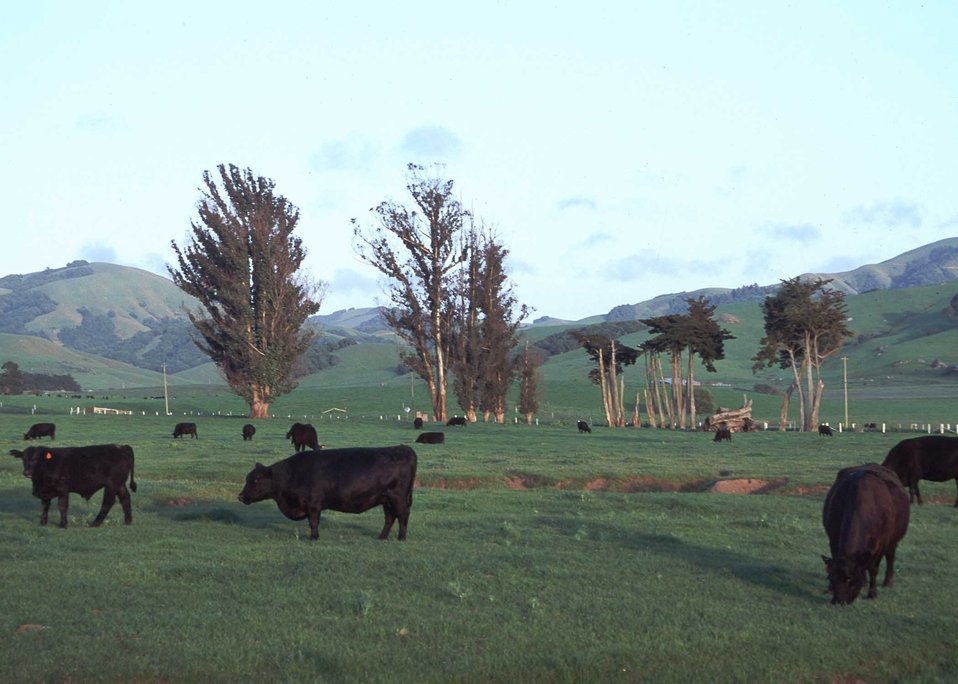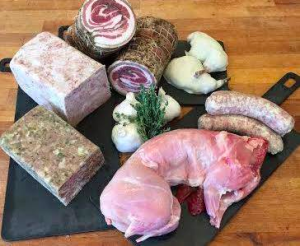
The food movement has long been pushing for small-scale, local and organic animal agriculture. Their idea is that while factory farming is obscene and harmful, traditional forms of animal agriculture are a whole other ballgame. The message that not all meat is equal has morphed into the enthusiastic endorsement and promotion of animal agriculture.
This summer, Friends of the Earth (FoE) launched The Better Burger Challenge. They’re calling upon chefs, food advocates and all eaters to grill up “better burgers” that replace at least 30% of regular burgers with vegetables and the rest with local organic, grass-fed or pasture-raised beef. FoE does not present this move as a way to cause less damage to the environment. Instead, they label Better Burgers as “environmentally friendly” and the ranching practices that produce them as “sustainable” and “regenerative”. They go so far as to trumpet that Better Burgers can “transform the iconic, resource-intensive American hamburger into a force for better personal health, good farming practices and animal welfare”.
This is total nonsense.
Yes, not all burgers are equal in terms of environmental impact. That’s true, and more vegans should understand this because you can better refute a point if you are first willing to understand it. But burgers are never good for the environment. Before industrial agriculture, animal agriculture was already destructive simply because it uses more resources. That’s why it always was – and remains today – a food for the relatively well-off. Add to that the fact that cows are an invasive species in the Americas and you start to see that this is about protecting culture, not the environment.

Secondly and far more importantly: ALL burgers are equal in that they are all made from the flesh of animals who did not want to die. If you wouldn’t eat local, grass-fed, holistically grazed, humanely slaughtered dogs, why do you do so with cows? How are they different? [Commence sound of crickets.]
The vegan movement also needs to be clear that our movement is not fundamentally about food or agriculture, any more than it is about fashion or entertainment. We are a movement that aims to change how we relate, socially, to other beings. And because those beings are currently exploited in food and agriculture (as well as fashion, entertainment and so on), it just so happens that animal liberation changes the parameters within which we choose what we eat and how we farm. So to the endless chorus of #NotAllBurgers, I emphatically counter #YesALLBurgers. Because animals’ lives are what matter.


